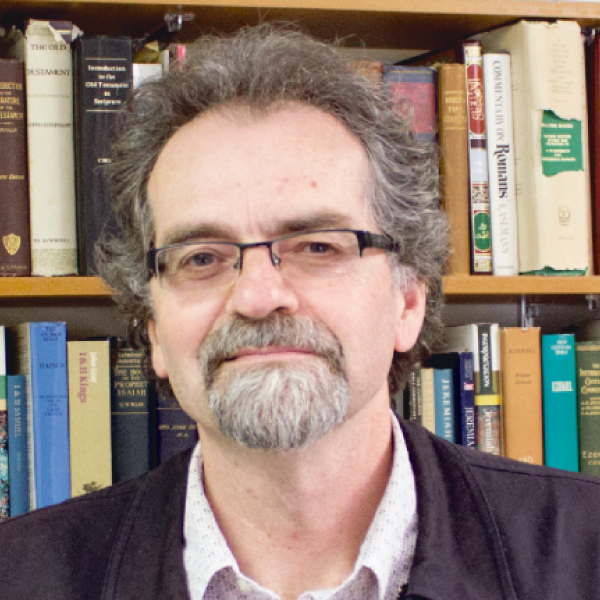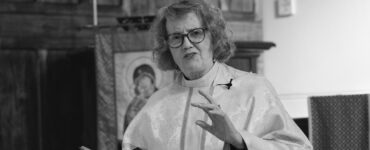Professor Mark Brett and Naomi Wolfe
This article is published in full on ABC Religion and Ethics.
The idea that Aboriginal peoples possessed certain rights was well established in legal theories of the eighteenth and nineteenth centuries, but these theories had little to with actual practice in the colonial histories of New South Wales and Victoria.
The humanitarian concepts of Indigenous rights still allowed for the British Crown to assert imperial sovereignty in any part of the world not previously “discovered” and claimed by a Christian prince. The Colonial Office in London could argue in 1839 that the English version of this Christian doctrine of discovery was more humane than its American counterpart, where theft of Indigenous lands was said to be covered by a “decorous veil of law”.
In light of the recent reports issued by the Yoorrook Justice Commission, it is clear that the legal history of Victoria not only failed to live up to any humanitarian ideals, but that the churches, in particular, now owe reparations for profiting from sales of Aboriginal lands.
When the Aboriginal protectorate system was introduced by imperial authorities in 1837, it was designed to minimise the harms of colonisation while at the same time allowing the assumed benefits of civilisation and Christianity to flow into the colonies. The Aboriginal protectors were to defend “the rights and interests of the Natives” and guard against “any encroachment on their property, and from acts of Cruelty, of oppression or injustice”. But what did this mean specifically for the churches?
It was resolved that Aboriginal people would not be allowed to sell land, neither to “private adventurers” — like the notorious John Batman — nor to church leaders promoting public welfare. Under the imperial Sale of Waste Lands Act (1842), one provision provided powers to set aside land for the “the Use or Benefit of the aboriginal Inhabitants of the Country”, and this became the foundation for the establishment of Aboriginal reserves.
Under the very same section of this Act, colonial authorities could reserve “Sites of Places of public Worship”. On the face of it, the churches and Aboriginal people were given equivalent standing in the eyes of colonial law in the sense that each was due special consideration as a matter of public interest. Retrospectively, one might also acknowledge that the churches and Aboriginal polities each articulated their own notions of spiritual sovereignty. … keep reading

Professor Mark Brett teaches Hebrew Bible and ethics at Whitley College and is in regular demand as a Higher Degree by Research supervisor and examiner. His work is concerned with the intersection between religion and politics in contemporary Australia and the South Pacific, and the lifting up of indigenous theological voices.







Add comment